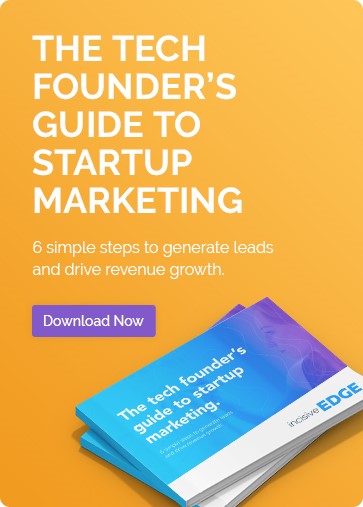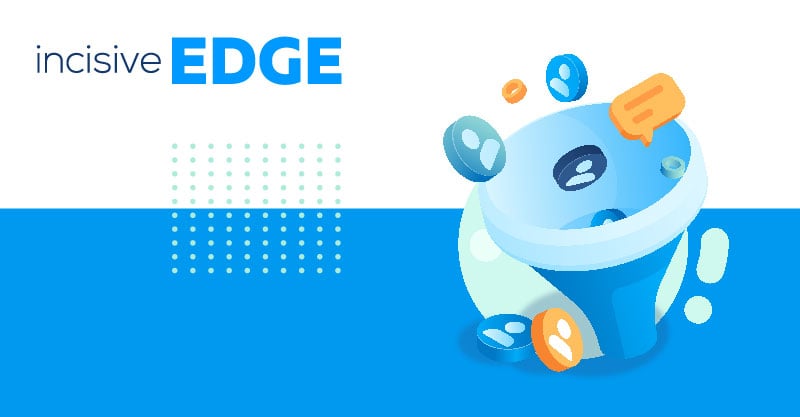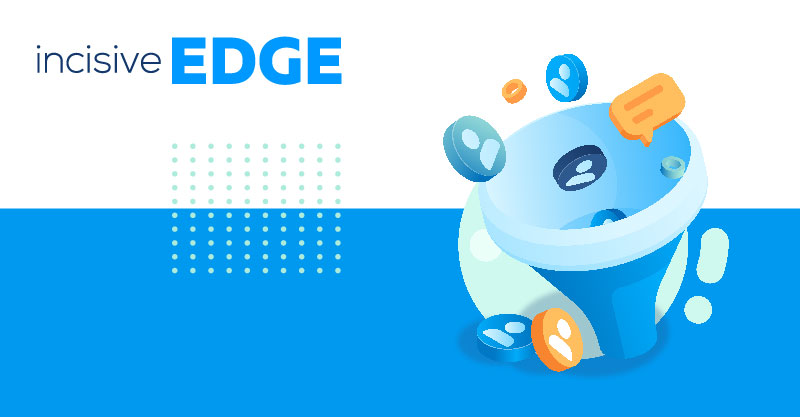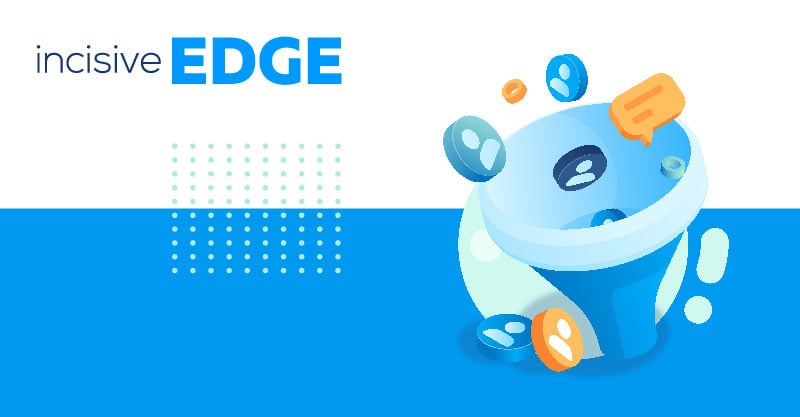AI marketing – it’s the next big thing.
Of course it is. Artificial intelligence (AI) is somewhat of an obsession of the human race. It’s been the inspiration for countless movies – from Metropolis (1927) through Blade Runner (1982) to The Matrix (1999), I, Robot (2004) and Alien: Covenant (2017) – and the prospect of it seems to inspire both the dreams and nightmares of people by equal measure.
But AI (TECHNOLOGY) is more than just science fiction, and in fact most of us interact with some form of artificial intelligence on a daily basis – not least in the machine learning algorithms that get to work every time we conduct a search online or scroll through our newsfeeds on Facebook.
And so it should be no surprise that there’s an AI revolution happening in the marketing sphere, too.
Driving the trend is the fact that Artificial Intelligence (AI) marketing tools – many of which rely on machine learning data analysis – are quickly becoming more affordable and accessible to many businesses, and the growing acceptance amongst marketers around the globe of the power of data-driven approaches to marketing campaigns and its decision-making.
Indeed, according to Salesforce’s fourth annual ‘State of Marketing’ report, which surveyed 3,500 marketing leaders around the globe:
“AI is the leading technology where marketer expect the most growth in the next two years. Thus, hoping onboard of it early will allow you to curate and ai marketing strategy your competition won't match.
Marketers know that AI is the path to the new currencies in the digital economy – personalisation, speed and intelligence. Every business is an AI powered business and marketing can help lead the way.”
It can, indeed. In a study by Forrester Consulting, a survey of 717 business leaders was conducted to determine how ready their marketing teams are to take on AI marketing. It was found that they are indeed ready and have the number one objective of using the technology to drive revenue growth, with offering a better service that meets the evolving expectations of customers not far behind.
 (Image source: emarsys.com)
(Image source: emarsys.com)
An AI Marketing Tipping Point
Even so, though leaders may well be ready to embrace AI marketing, it’s too soon to say that we have reached any sort of saturation as yet – rather, we’re at a tipping point.
51% of marketing leaders are currently already using AI somewhere in their strategies, according to the ‘State of Marketing’ report. However, a further 27% plan to use AI by 2019, which would bring penetration up to a massive 78% over the next two years.
 (Image source: huffingtonpost.com)
(Image source: huffingtonpost.com)
What's interesting to note, however, is that no single AI powered marketing tool or solution will help organisations reach their goals. Indeed, a whole tool chest is required. The Forrester survey respondents picked out the must-haves and prioritized them as follows:
- 43% plan to unleash AI-enhanced advanced predictive analytics.
- 40% are drawn to AI-driven recommendation engines.
- 37% are interested in machine learning and how it supports automation primarily through pattern recognition.
- 35% value AI’s powerful customer analytics.
- 30% want to employ AI’s send time optimization capabilities, which determine the best times for sending emails based on customer data.
 (Image source: emarsys.com)
(Image source: emarsys.com)
Content Creation
It seems that most business leaders and marketing professionals have accepted the fact that an AI marketing revolution is not far away and started conditioning their marketing team for the inevitable change.
Even small businesses are using things like CRM (customer relationship management) systems, which are becoming increasingly sophisticated tools powered by artificial intelligence. A Chatbot, too, is an ai marketing tool that is gaining in prevalence, with SMEs and corporate giants alike deploying these AI assistants to handle customer enquiries without the need for a human behind the desk.
But you may be surprised to learn that even certain creative pursuits – like blog writing, for example – are being significantly disrupted by an influx of Artificial Intelligence marketing tools in the not-too-distant future.
In fact, such a thing is already a reality. Certain companies, such as US-based sports media outlet ESPN, have been using a type of artificial intelligence known as Natural Language Processing (NLP) as a part of their marketing operations to publish entire stories online for years. Below is an example of a baseball player who pitched a “perfect game” back in 2011.
 (Image source: deadspin.com)
(Image source: deadspin.com)
The above was created by a piece of software developed by a company called Narrative Science, which has also developed B2B article-writing solutions for companies like Mastercard and Groupon.
NLP doesn’t just work right off the bat, as it were. It first needs to be trained to “understand” a certain topic. But, once it does, you simply input data – such as sports results – and it creates content for publication.
As you can see from the article above, this has been going on successfully for a long time – and it won't be long until an AI marketing program can be trained to produce a quality blog and other written content on more complicated topics like you write to market your business every single day. It is important that digital marketers and leaders like chief marketing officers are on the same page when it comes to adopting AI.
Lead Generation and Nurturing
Using Artificial Intelligence marketing tools like Shopia to produce written content is the sort of thing that will likely be met with the most resistance from marketers and perhaps even the general public as the years go by. Do we really want to read what a machine has to say about our favourite subjects? Surely the human touch will always be needed for that… Who knows?
What’s more likely to make an impact is the way AI marketing tools can be used for streamlining certain laborious and less creative tasks.
Some aspects of lead generation fall under this banner. For instance, if you’ve accumulated a long list of hundreds if not thousands of leads in your CRM, you’ll very quickly find yourself drowning in data.
Al marketing tools have the power to sift through these lists in the blink of an eye and identify the leads that are most relevant to your company – based on parameters such as position, location, industry, and company size – and the most likely to convert.
AI solutions can then begin to interact with these leads via email, selecting and pulling out key pieces of content from your database that will help nurture the lead over the sales line and sending it to them.
Indeed, 59% of marketers believe this type of digital asset management will have a transformational impact on marketing activities over the next five years. Other areas include lead scoring, dynamic landing pages and websites, hyper-personalisation, sentiment analysis, and programmatic advertising.
In short, there’s hardly an aspect of digital marketing that won’t feel the disruptive force of AI over the coming years.

(Image source: huffingtonpost.com)
Over to You
AI marketing is already here, and lots more of it is just around the corner. The time is now to start exploring AI marketing tools and solutions and ensure that your marketing department is ready to compete when the technology begins to become a dominant force worldwide.
If you need help developing an AI based marketing strategy, get in touch with the startup marketing experts at Incisive Edge today.








